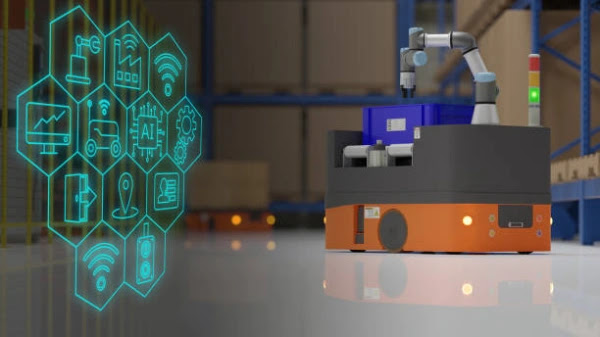Featured
- Get link
- X
- Other Apps
What is Empathy and Emotional Intelligence?
Empathy and emotional intelligence are two closely related concepts that are often used interchangeably. However, they are not the same thing.
Empathy is the ability to understand & share the
feelings of additional person. It is the ability to put yourself in somebody
else's shoes and see the world from their perspective.
Emotional intelligence (EI) is the ability to comprehend,
manage, and use your own emotions and the emotions of others. It is a broader
concept than empathy and includes the ability to:
Identify your own emotions and the feelings of others
Understand the causes and consequences of emotions
Manage your own emotions in a constructive way
Use emotions to motivate yourself and others
Empathy is a key component of emotional intelligence, but it
is not the only one. EI also includes the ability to:
Motivate yourself and others
Build and maintain relationships
Resolve conflicts
Handle stress
Be creative
Problem-solve
Empathy and emotional intelligence are both important skills
that can help you in your personal and professional life. People with high
empathy and EI are often better at building relationships, resolving conflicts,
and handling stress. They are also more likely to be successful in their
careers.
Here are some examples of empathy and emotional
intelligence in action:
A friend is going through a tough time and you listen to
them without judgment and offer your support.
You notice that a coworker is feeling stressed and you ask
them if they need anything.
You are able to control your anger when someone cuts you off
in traffic.
You are able to stay calm and focused when giving a
presentation to a large audience.
You are able to see things from another person's perspective
and understand why they might feel the way they do.
If you want to improve your empathy and emotional
intelligence, there are a few things you can do:
Pay attention to your own emotions. The first step to
understanding the emotions of others is to understand your own. Pay attention
to how you feel in different situations and what triggers your emotions.
Be curious about others. Ask questions and try to study
about the experiences and perspectives of others. This will help you to
understand how they might be feeling.
Practice active listening. When somebody is speaking to you,
really listen to what they are saying and try to see things from their
perspective. Don't interrupt and don't offer advice unless asked.
Be compassionate. Be understanding and accepting of the
emotions of others, even if you don't agree with them.
Be self-aware. Be aware of your own biases and limitations.
This will help you to be more objective in your interactions with others.
Empathy and emotional intelligence are important skills that
can help you in your personal and professional life. By developing these
skills, you can become a more understanding, compassionate, and successful
person.
What is emotional intelligence social skills?
Here are some specific examples of how emotional
intelligence social skills can be used in everyday life:
Communication skills: You use communication skills when you
are having a conversation with a friend, giving a performance at work, or
writing an email.
Listening skills: You use listening skills when you are
talking to a friend who is going through a tough time, or when you are
interviewing for a job.
Empathy: You use empathy when you are trying to understand
why a friend is feeling the way they are, or when you are trying to help
someone who is upset.
Persuasion skills: You use persuasion skills when you are
trying to convince someone to see things your way, or when you are trying to
sell a product or service.
Conflict resolution skills: You use conflict resolution
skills when you are arguing with a friend, or when you are trying to resolve a
disagreement at work.
Teamwork skills: You use teamwork skills when you are
working on a project with a group of people, or when you are playing a sport.
If you want to improve your emotional intelligence social
skills, there are a few things you can do:
Pay attention to your own emotions. The first step to
understanding the emotions of others is to understand your own. Pay attention
to how you feel in different situations and what triggers your emotions.
Be curious about others. Ask questions and try to learn around
the experiences and perspectives of others. This will help you to understand
how they might be feeling.
Practice active listening. When someone is talking to you,
really attend to what they are saying and try to see things from their
perspective. Don't interrupt and don't offer advice unless asked.
Be compassionate. Be understanding and accepting of the
emotions of others, even if you don't agree with them.
Be self-aware. Be aware of your own biases and limitations.
This will help you to be more objective in your interactions with others.
By developing your emotional intelligence social skills, you
can become a more effective communicator, collaborator, and leader. You can
also build stronger relationships and achieve your goals more easily.
- Get link
- X
- Other Apps


